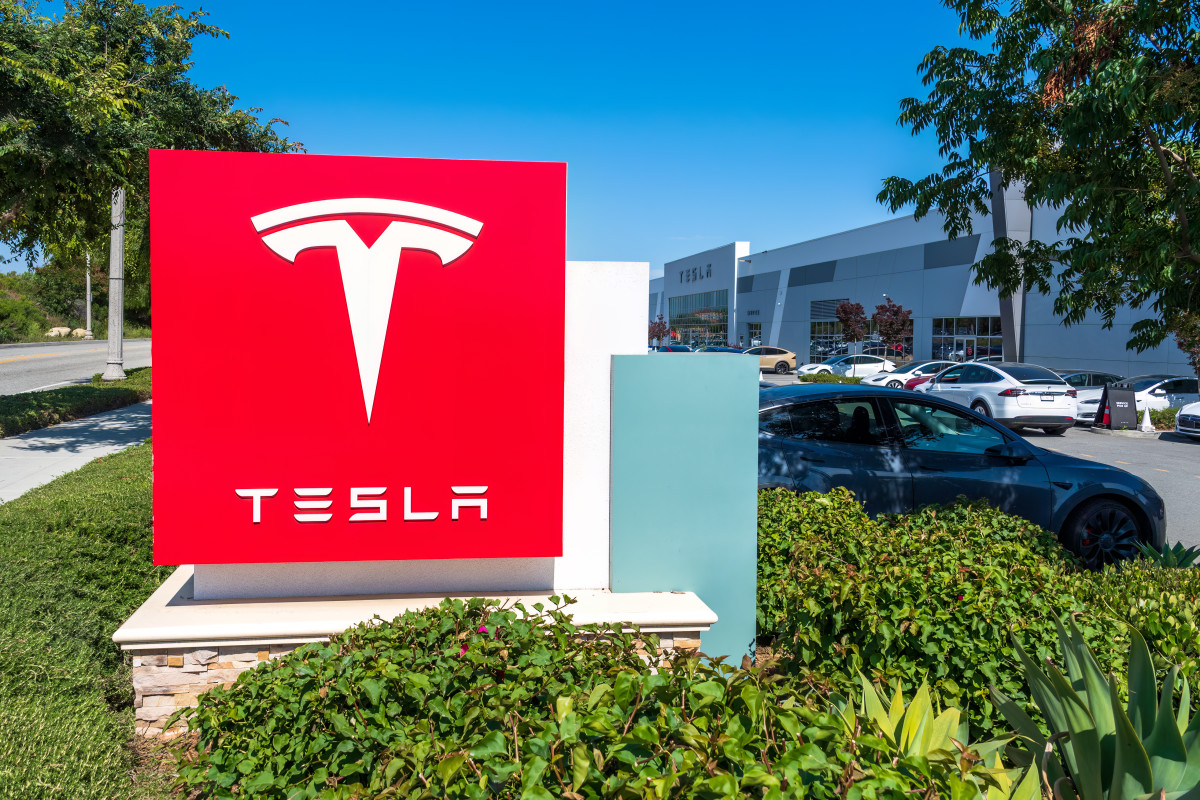Tesla's Autopilot Remains Unshaken Amid Legal Challenges

Tesla Releases Updated Safety Report Amid Autopilot Lawsuits
As legal challenges continue to mount against its "Autopilot" driver-assist system, Tesla has released an updated safety report that reinforces the company’s claims about the system’s effectiveness in improving road safety. The report highlights that vehicles using Autopilot traveled over six million miles between crashes during the second quarter of this year, compared to just under one million miles for non-Autopilot-equipped Teslas. The company also suggests that even the lower figure is slightly above the national average.
Since 2018, Tesla has voluntarily shared quarterly crash data alongside its financial reports. This latest release aligns with previous findings, showing that the Autopilot-enabled fleet consistently travels farther between incidents than both non-Autopilot Teslas and other vehicles on U.S. roads. However, the data comes from Tesla itself, not independent analysis, which raises questions about its reliability.
The company acknowledges that crash numbers can fluctuate due to factors like seasonal weather. Despite this, the trend remains consistent: Autopilot vehicles appear to have fewer incidents per mile driven. Still, this single metric does not capture the full complexity of the situation.
First Federal Autopilot Case Heads to Trial
A significant development in the ongoing legal scrutiny of Autopilot is a wrongful death case currently being heard in a federal court in Miami. In April 2019, a Tesla driven by George McGee failed to stop at a stop sign in the Florida Keys, colliding with Naibel Benavides and Dillon Angulo, who were near the road stargazing. Benavides died, and Angulo suffered a severe brain injury.
This is the first time a federal court has considered a case where Autopilot is alleged to have caused a fatal accident. Previous cases, such as those involving Walter Huang in 2018 and Jeremy Banner in 2019, were settled out of court. Now, the Miami trial could set a precedent for how courts view Autopilot's role in accidents.
An expert witness in the Miami trial, Mendel Singer, a statistician from Case Western Reserve University, criticized Tesla’s data reporting methods. He pointed out that there are no independent studies validating Tesla’s crash statistics. Additionally, he noted that Tesla does not compare its data directly with competitors, as other vehicle crash rates are based on police reports that do not track the use of driver-assist technologies.
California Takes Action Against Tesla
On the West Coast, the California Department of Motor Vehicles (DMV) is seeking to suspend Tesla’s sales license for 30 days and impose financial penalties. The DMV alleges that Tesla made misleading statements about its Autopilot and Full Self-Driving systems, which are not fully autonomous.
The DMV is particularly concerned about the names of these systems, which may give consumers the impression that they offer more advanced capabilities than they actually do. For example, Tesla has claimed that its systems are “designed to be able to conduct short and long-distance trips with no action required by the person in the driver’s seat.”
Tesla argues that in-car warnings reminding drivers to stay alert are sufficient to prevent confusion. However, critics point out that these warnings come after marketing campaigns that encourage drivers to trust the systems. This discrepancy has led to a string of fatal accidents linked to Autopilot, raising concerns about the company’s communication strategy.
Ongoing Concerns and Future Implications
The legal and regulatory challenges facing Tesla highlight the broader debate around the safety and transparency of driver-assist technologies. While the company continues to tout the benefits of Autopilot, external experts and regulators are pushing for more rigorous oversight and independent verification of safety claims.
As the Miami trial progresses and California takes further action, the outcomes could influence how similar technologies are regulated across the country. For now, the question remains whether the data presented by Tesla truly reflects the real-world performance of its systems—or if it is simply a selective narrative designed to protect the company’s reputation.